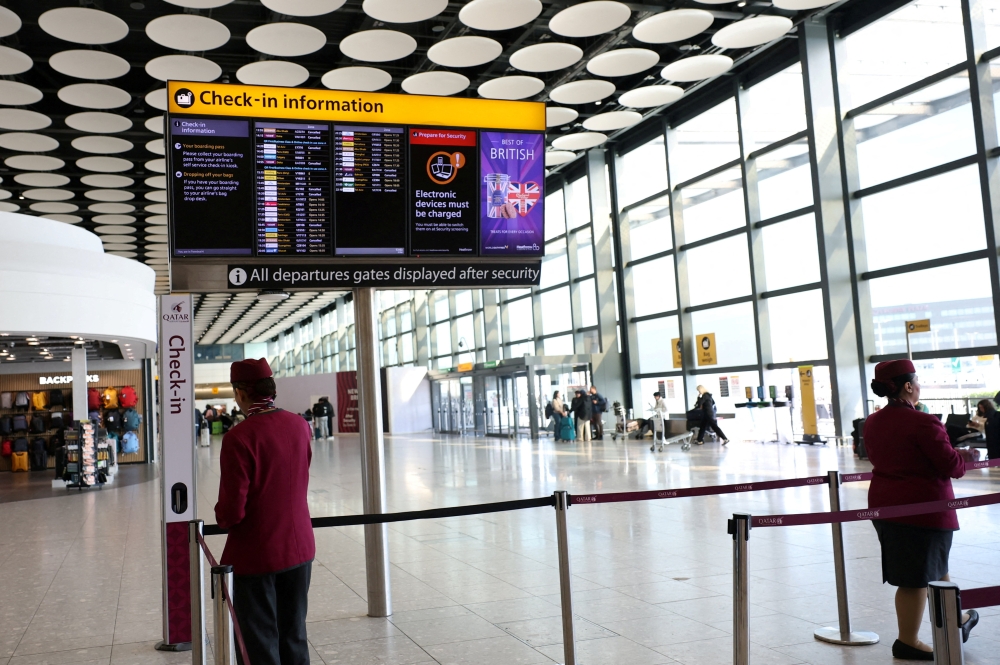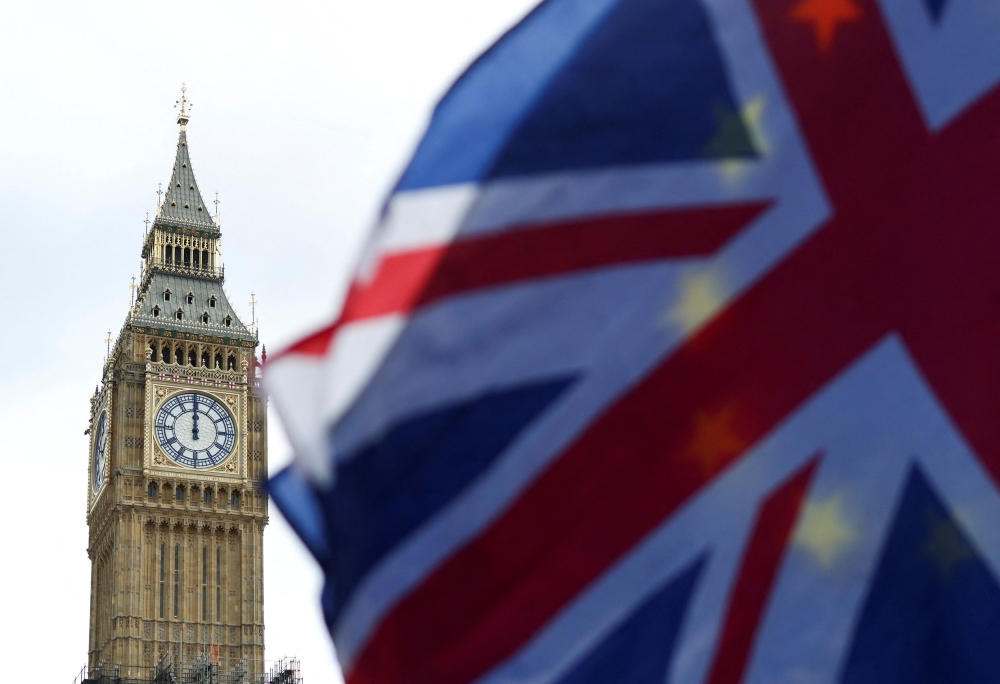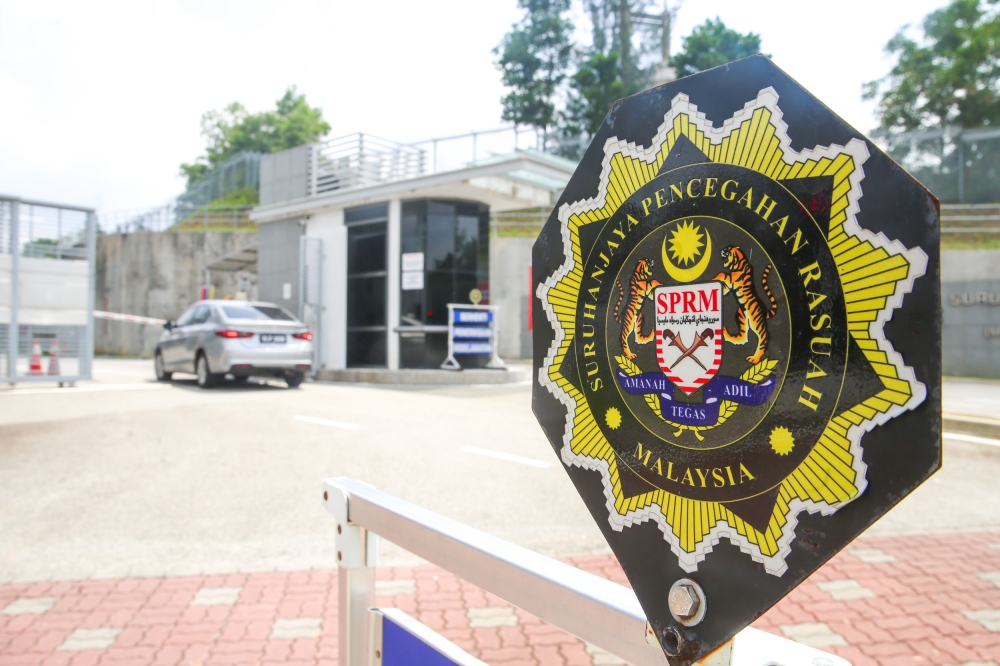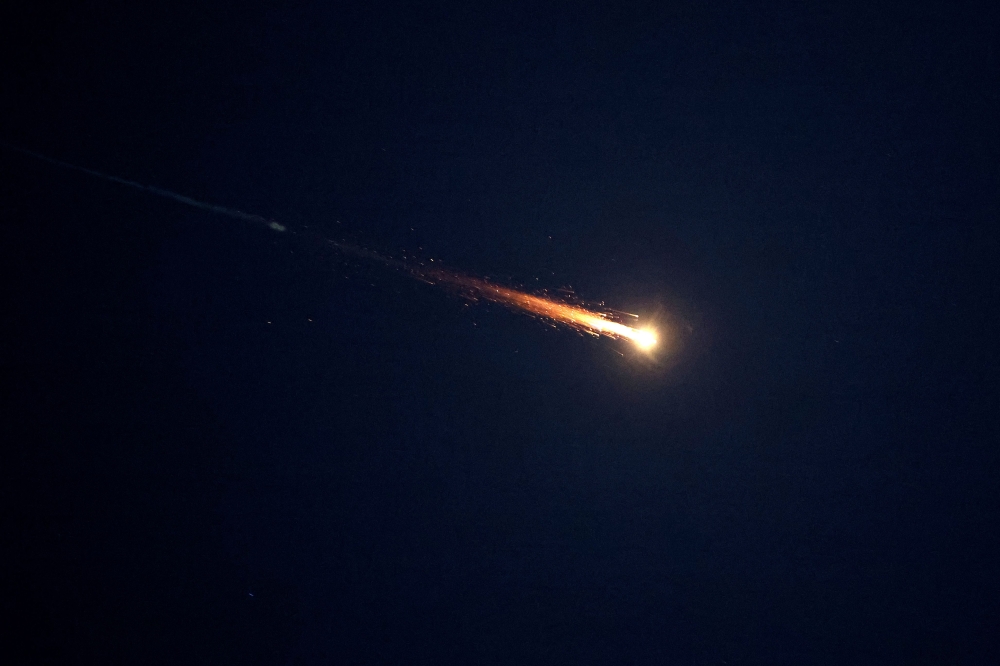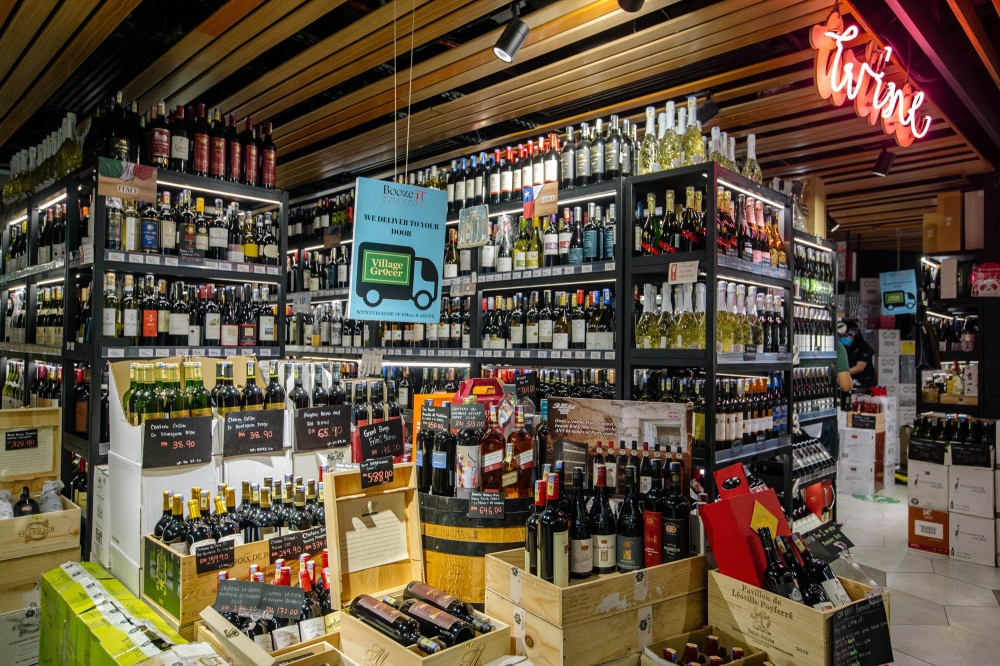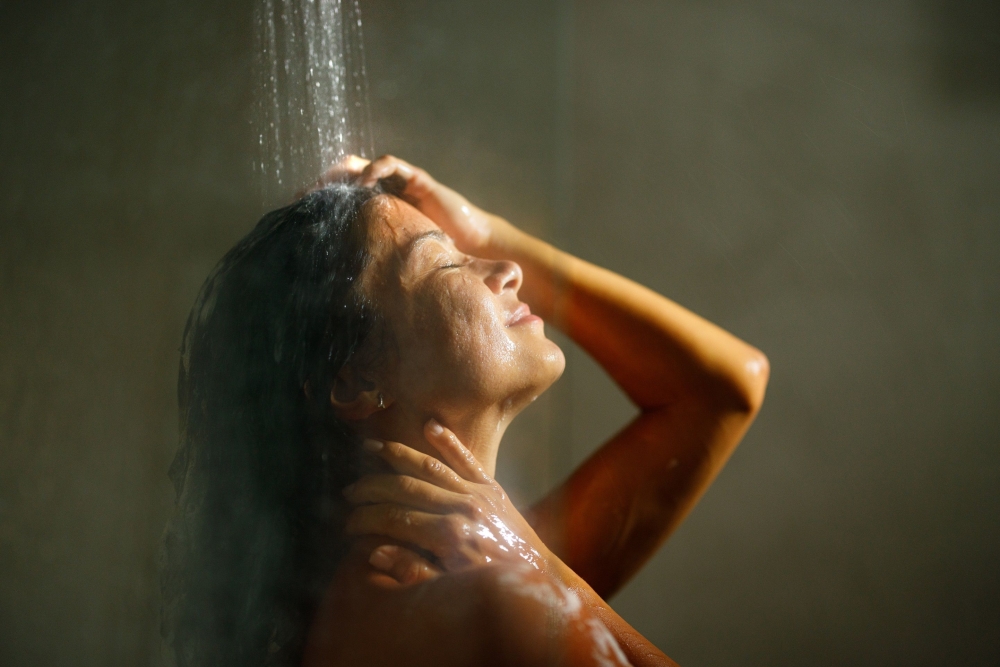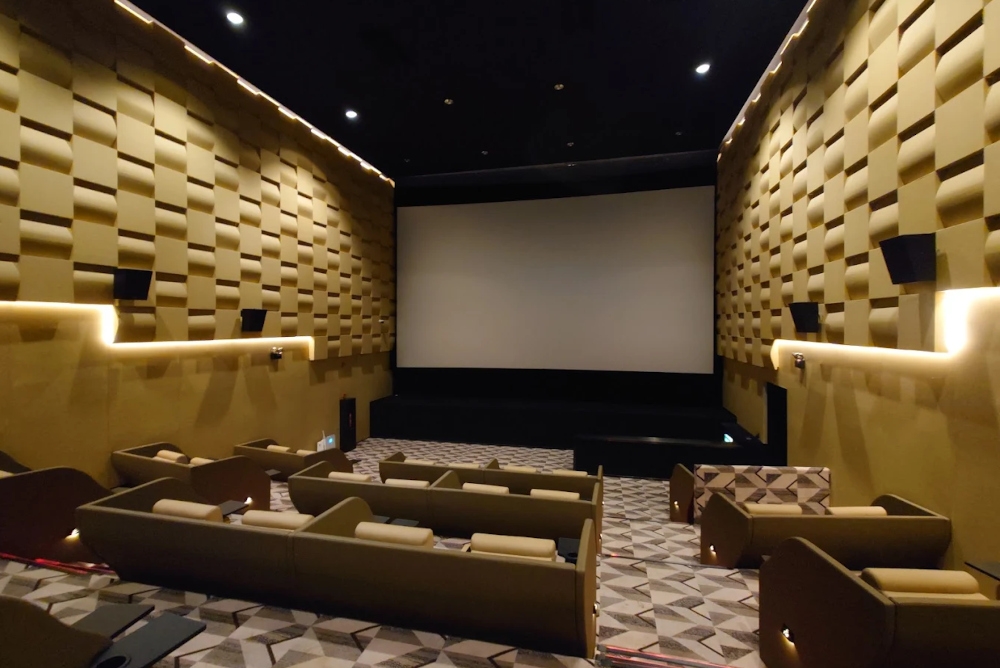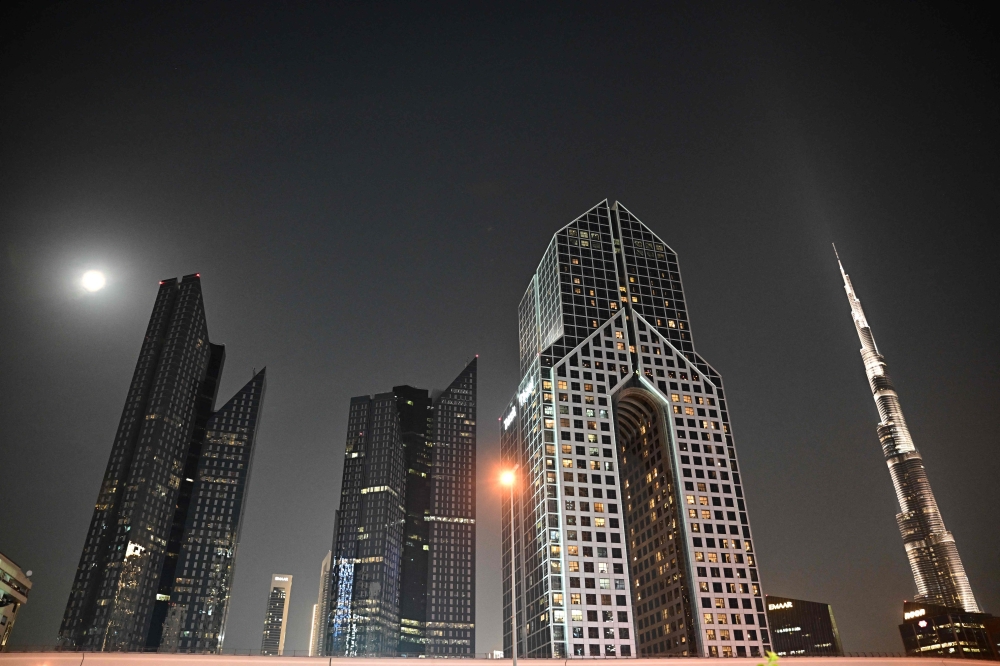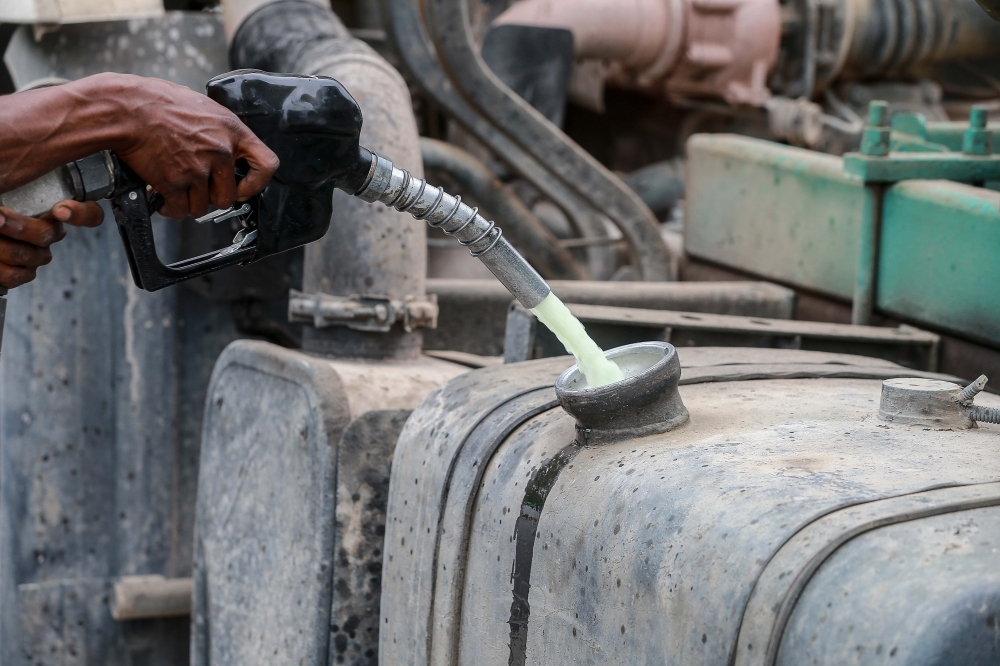LONDON, March 12 — Low-pressure showers are sometimes thought to be the most environmentally friendly, but a recent UK study suggests otherwise. The researchers’ experiment showed that the higher the water pressure, the shorter the duration of the shower, and therefore the lower the water consumption.
Could increasing shower pressure cut your water consumption? So suggests a study by a research team from the UK’s University of Surrey. The team installed sensors in 290 showers on the University of Surrey campus, enabling them to collect data on the duration of over 86,000 individual showers. In this research, the average duration of a shower was estimated at 6.7 minutes. Based on the duration of each shower, the team was able to calculate the amount of water required for each use. The results revealed that high-pressure showers were associated with lower water consumption.
Overall, the team found that water consumption was reduced by up to 60 per cent with high water pressure. A surprising finding, given that opting for a low-pressure showerhead is often presented as a more environmentally-friendly solution. One of the explanations advanced by the researchers in their preprint paper is that “people don’t just turn off their showers after a certain length of time, but rather people stop showering when they have achieved a particular experience.” In other words, the satisfaction of a high-pressure shower could encourage people to spend less time under the spray.
Note that pressure should not be confused with flow rate: while the former refers to the force with which water is projected, the latter refers to the quantity of water delivered by the shower. Study coauthor, Ian Walker, told The Guardian that “while low flow-rate showers simply delivered less water than high flow-rate showers, high-pressure showers resulted in lower consumption because they were turned off sooner than low-pressure showers.”
Setting a timer can help make savings
The researchers also highlight the benefits of setting up a timer system to limit the duration of showers. “A smart timer helped reduce water consumption by up to 53 per cent with middling water pressures,” the researchers note. The authors found that participants’ shower length tended to increase over the weeks, regardless of the pressure. “Smart timers, however, helped stabilise or lower consumption over time, suggesting an anchoring effect,” the paper notes.
The scientists point out, however, that further research is needed to determine more precisely why increasing shower pressure is likely to reduce participants’ water consumption. It should also be noted that the researchers’ conclusions, outlined in a preprint paper, have not yet been peer-reviewed. The results should therefore be interpreted with caution, at least for the time being. — ETX Studio





